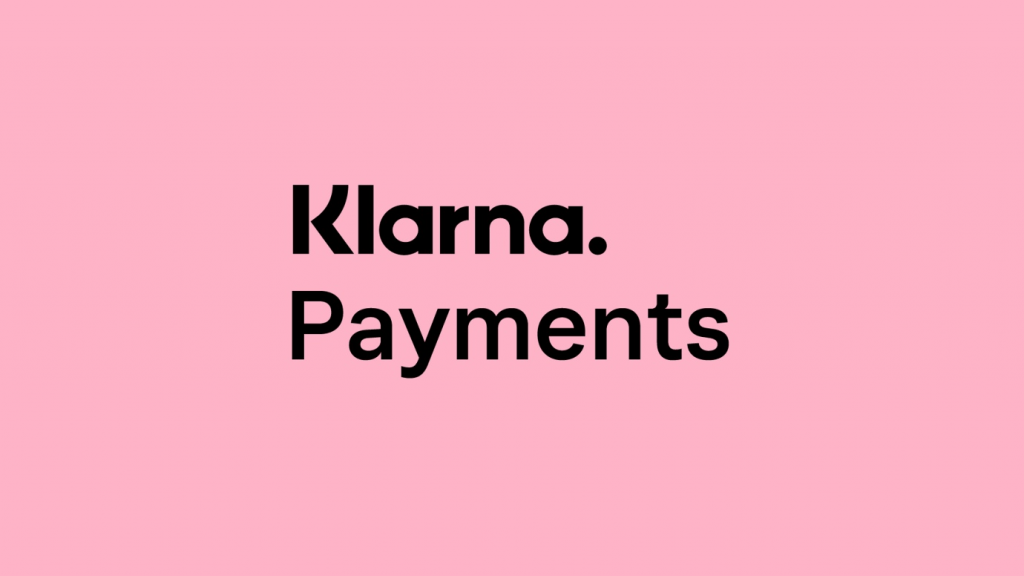
Canada Appeals for International Firefighting Aid
June 09, 2025: Canada has issued an international appeal for firefighting support as wildfires intensify across multiple provinces

January 27, 2022: -Swedish fintech firm Klarna is embedding its “buy now, pay later” service into a physical card in the U.K.
On Wednesday, the company announced the launch of Klarna Card, a Visa card that lets users delay payments on their purchases, both in-store and online.
The card is available in Sweden and Germany, where it is now used by more than 800,000 people, according to Klarna. This is the first time it has arrived in a country outside the European Union. The company has been expanding in the U.K. and America.
The Klarna Card will only include Klarna’s “Pay in 30” feature, in the beginning, letting shoppers pay down their debt within 30 days. The company said it plans to have additional payment options in the future.
Like another buy now, pay later firm, Klarna offers a popular product that splits the cost of users’ purchases throughout monthly installments, typically interest-free. The firm makes money by charging a small fee on each transaction for retailers, which is first its payment method.
Its card, which comes in either black or pink, will send out push notifications to a customer’s smartphone when they make a transaction. It will allow the users to extend the due date on their payment by up to 10 days for free.
Klarna plans to gradually roll the card out to open all customers’ eligibility by early 2022. It has begun a waitlist where users can sign up in the meantime.
“For online purchases where credit makes sense, buy now pay later has become the sustainable alternative with no interest and clear payment schedules,” said Alex Marsh, the head of U.K. at Klarna.
“The launch of Klarna Card in the U.K. brings those benefits to the offline world, which gives consumers the control and transparency of BNPL for all of their in-store purchases.”
Klarna has often criticized the credit card industry for loading consumers with debt, often at high-interest rates. The launch of its physical card may come as a surprise for some, but the firm argues it is a better alternative to credit cards since it does not charge interest or late payment fees.
Nevertheless, the launch comes as the buy now, pay later industry faces growing scrutiny from regulators. The U.K. is readying new rules to bring the sector under the oversight of the Financial Conduct Authority, the country’s financial services watchdog.
Meanwhile, the U.S. Consumer Financial Protection Bureau has investigated popular BNPL programs like Klarna, Afterpay, Affirm, and PayPal.
We provide the insights on leaders who are responsible for taking their organization to new heights, all the while bringing together a group of talented individuals.

June 09, 2025: Canada has issued an international appeal for firefighting support as wildfires intensify across multiple provinces

May 27, 2025: Air Canada Cuts Five U.S. Routes for Winter 2025–26, Part of Broader Cross-Border Retrenchment

May 26, 2025: Trump Freezes $2.2B in Federal Grants to Harvard Over DEI, Threatens Tax-Exempt Status.

May 14, 2025: Microsoft has announced plans to reduce its global workforce by approximately 3%, affecting roughly 10,000 employees across multiple departments.

May 13, 2025: The Trump administration is considering suspending the constitutional right of habeas corpus in a bid to accelerate mass deportations.

April 29, 2025: Donald Trump’s second term has reached the 100-day mark under sustained public skepticism, with national approval ratings